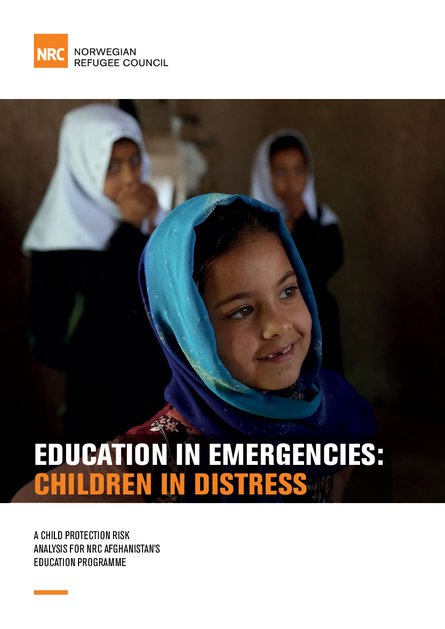
It is not easy to be a child in Afghanistan. As the conflict continues, children’s challenges increase, threatening their safety, wellbeing and access to education. NRC’s education programmes aim to mitigate the devastating impacts of conflict and forced displacement by providing a sense of normality and stability. They provide quality education that supports children’s emotional and cognitive development and open pathways for their reintegration into formal schooling systems. But with increasing numbers of children out of school and the complex psychosocial and protection needs of displaced boys and girls, how can NRC’s education programmes be improved to be as relevant as possible to the most egregious risks they face, and to meet international standards?
The research outlined in this report sought to identify the main protection risks children face and to examine how these affect their ability to access schooling and learn effectively. It also aimed to assess the extent to which NRC’s schools provide the safe, protective and inclusive learning environments that children need to recover from conflict and fulfil their potential. The report combines the results of 49 focus group discussions with 319 participants, 36 key informant interviews, observations at schools and in the community and 1,052 responses to a questionnaire, bringing together the voices of children, parents, teachers, community leaders and key organisations in the provinces of Faryab, Herat, Kandahar, Khost, Kunar, Kunduz, Nangarhar and Saripul.